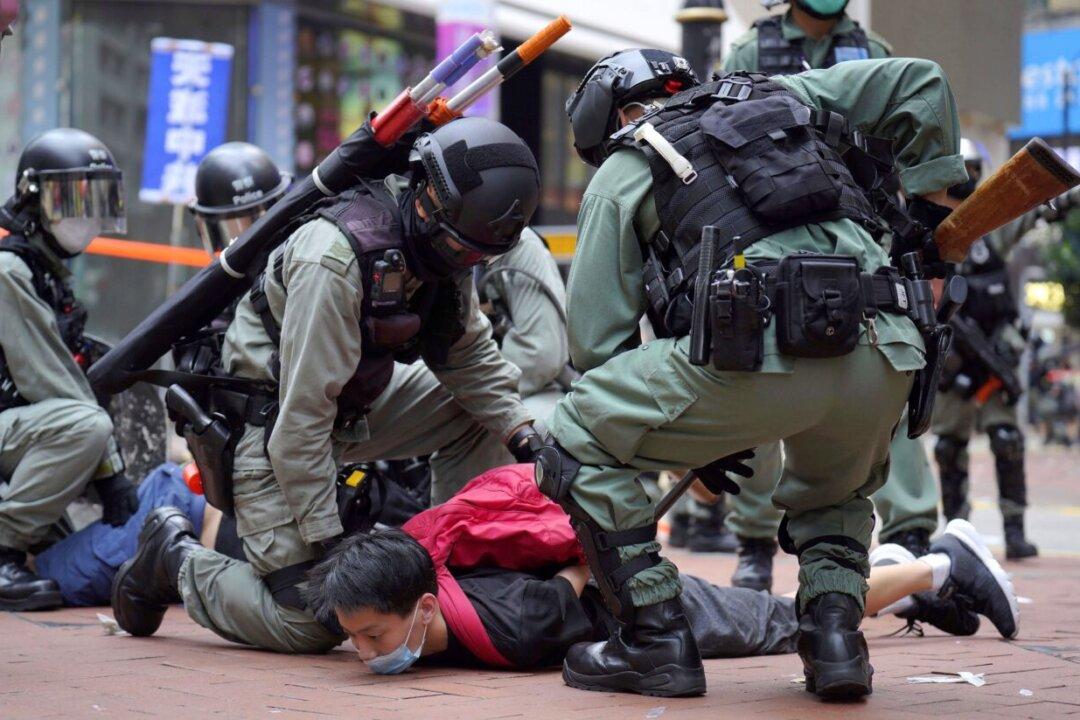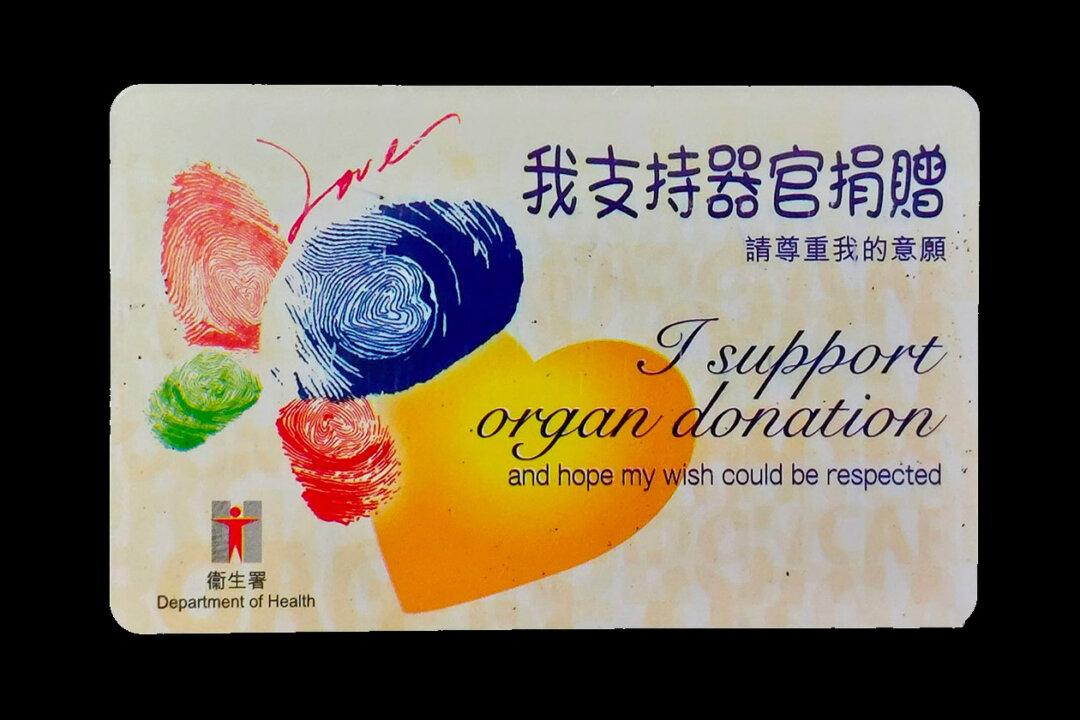With only a few days to go before the 25th anniversary of the handover of Hong Kong’s sovereignty, the brainwashing propaganda of the pro-Communist camp follows one after another.
Two-time Academy Award winner for Best Documentary Short Film, British director Malcolm Clarke recently released a series of documentaries about the 2019 Anti-extradition Law Amendment Bill Movement “Hong Kong Returns.” Film critics said that although the documentary pretended to be objective and neutral, its pro-CCP (Chinese Communist Party) stance was obvious, and it was just a repackaged publicity campaign in an attempt to whitewash the CCP bad deeds and smear the social movement.




